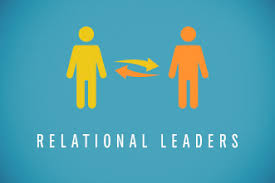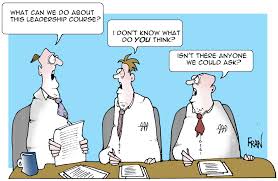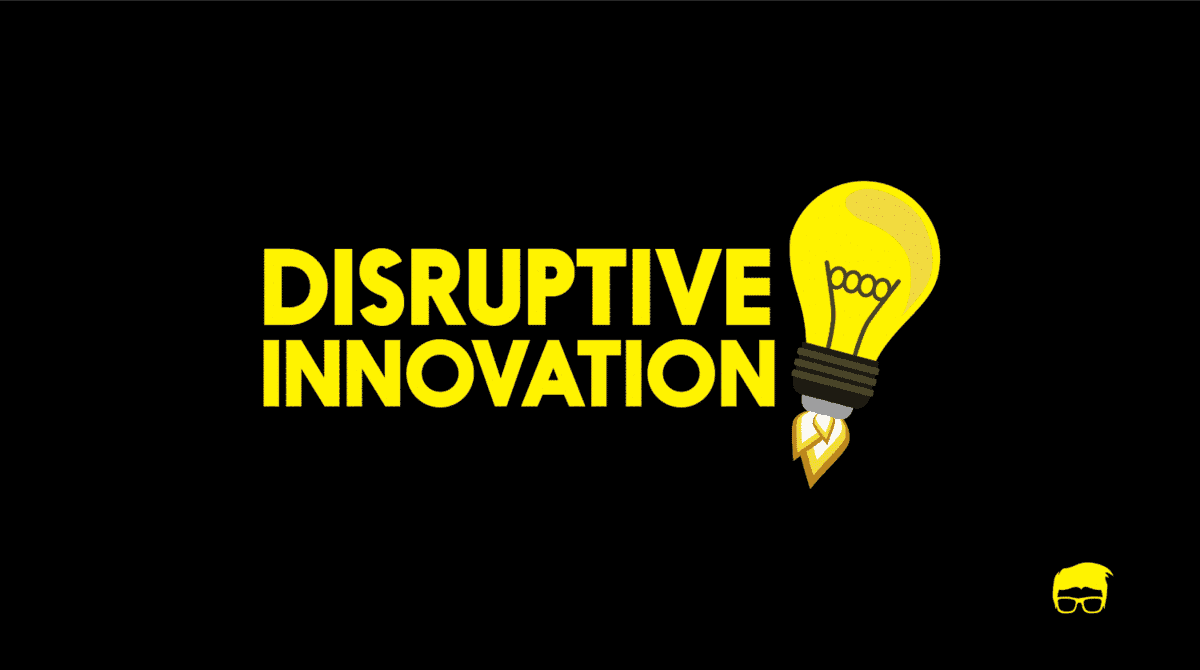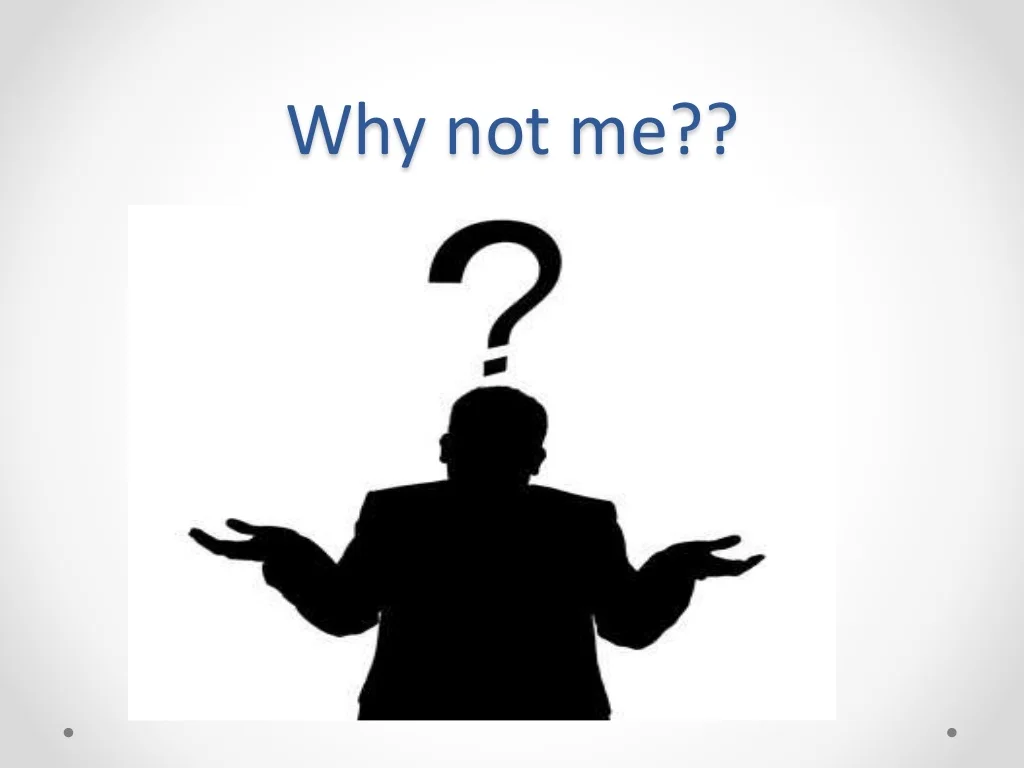Introduction
There is leadership and then there is leadership. And what do you think about this one: you are no longer just in control, but more like coaching your  employees in their development in order to achieve the desired results. That is the essence of a new phenomenon called coaching leadership, which is on the rise.
employees in their development in order to achieve the desired results. That is the essence of a new phenomenon called coaching leadership, which is on the rise.
Recent studies conclude that a majority of companies provide some form of coaching for their employees, it appears. And you know what, you can also learn it, or better yet, you should. If you read on I will explain coaching leadership and what it takes to master this capability. Is coaching leadership the future or not?
Having a bad boss? Check out my last paragraph, where you can become your own boss and work from home!
Let’s start with the definition of coaching
You can distinguish 4 ways to teach a person something: framing (telling something), training (knowledge transfer), mentoring (sharing experiences) and coaching. By making that distinction, you can already see what coaching is not. Coaching is the process whereby someone acts as a guide who challenges another person to realize his potential. You help him set free the good things in himself.
Potential
As good business management is to use people (and  resources) efficiently, coaching is meant to induce an individual to make the best of what he has to offer. From this, it follows that the coach must be convinced that a potential not yet realized asset is present and that the other person must be open to coaching. The latter condition is not always fulfilled.
resources) efficiently, coaching is meant to induce an individual to make the best of what he has to offer. From this, it follows that the coach must be convinced that a potential not yet realized asset is present and that the other person must be open to coaching. The latter condition is not always fulfilled.
No therapy
Coaching is not a therapy. As a coach, if you really look for it, you can often get close to the inner core of the coachee. As long as it is clear that there is sufficient self-regulating potential, you can continue with coaching. If this self-regulating factor is lacking, the person may need a therapist and the coach should step down.
What types of coaching are there?
Whoever wants to, can endlessly invent many types. On Google Wikipedia, they have defined some 15 of them. For the purpose of this article on the work floor, it will be on coaching on behavior and skills, on performance, on  personal development or executive coaching. The first two – behavior/skills and performance – are often entrusted to internal coaches.
personal development or executive coaching. The first two – behavior/skills and performance – are often entrusted to internal coaches.
Development coaching is rather for external supervisors because often issues arise that people do not like. As to executive coaching, top people involved in strategy and long-term policies have additional reasons for external coaching; these reasons have to do with confidentiality, hierarchy and the professionalism of the coach.
What is a coaching leader?
Simply said, a coaching leader leads, without playing the boss as many managers take the course to become just that. Why do they want it? Because the old-fashioned way of management, in which the director or manager mainly plans, coordinates and controls, no longer fits into a world that is changing rapidly. As a leader you can not keep up with that pace on your own, so your employees also have to keep on developing themselves to be able to respond to change independently.

Need for new leaders
Moreover, talent does not like to be guided in an old-fashioned way. If it is only about KPIs and not about their own development within the projects for which they are responsible, employees are gone. That is why it is so important that you as a coaching leader pay attention to all employees: not only attention for those who do less well, but also – or perhaps precisely – for the good performers. Then the chances are much better that you keep talent on board.
Work more fun
And included as a bonus: as a coaching leader your work will be a lot more fun. The responsibility for planning, coordinating and monitoring lies with your employees and you experience much more involvement with the organization and your people.
What does it take?
The principal competence of a coach is interest for the other person, for the coachee who is facing him. The other indispensable competence is relational skills. Successful coaching has to do with the quality of the contact. Good coaching gives hope, gives the enthusiasm to go to the fullest. Sometimes this means that you help the coachee to find the courage to step out of his or her comfort zone. 
Nor for everyone
I realize that above mentioned two principle competencies in a coach will not be available in every leader or manager, in fact, quite a number of supervisors will simply not be geared to that. And if it is a personal thing, it will not be easy to learn as well.
How to become one
But what do you have to learn to become a coaching leader? Of course, there are books and videos about this subject, but you can only become a coaching leader by practicing. Okay, you no longer only look at KPIs, but how do you motivate that employee to achieve a result? And if that does not work: why is that? Is it lacking an employee with a certain skill, or was he or she not motivated to perform the task? If you want to become good at this, you have to practice with different situations. And realize that it needs those two competencies described above as a necessary basis.

Performance appraisals
Many leaders are used to managing output. They only look at results and conduct a progress interview at set times. These are the so-called deadly performance appraisals, which you can read about here. As a coaching leader, you do not have these conversations by appointment, but you continuously look at the competencies of the employee and how he or she applies them. You also ask whether he or she can still use support. Occasionally you watch. You do not take work into your hands, but coach the employee in his or her work.
Certification is necessary but not enough
Something like that only works when it clicks between coach and coachee. So it is clear that a certificate alone is not a condition for good coaching and no guarantee. But there should be a decent education, with possibly corresponding certification. It separates the wheat from the chaff and gives organizations the assurance that the coach has been given a quality  development path. But it is not a constraint for a successful coaching process.
development path. But it is not a constraint for a successful coaching process.
Studies
Studies show that there are as many successful coachings by coaches who have not followed specific training, then by coaches who do have a diploma or certificate. More often than one would think, people mask their deep thoughts and intentions, and yet you have to see that as a coach; you have to ask deeper questions after the predictable top-of-mind answers. You can learn those methods. But those questions will only be answered if the relationship between coach and coachee is good.
Final thoughts
The usefulness of coaching in a business environment is no longer under discussion and an accepted fact. Thus that phase is behind us and organizations that are not applying it today will probably never take the step, which is a pity for their employees.
But the emergence of the phenomenon has a downside. They see coaching becoming more and more a kind of container concept for everything that is the interaction between people. While coaching does require a solid education and knowledge, it also needs some inherent characteristics as we have seen.

Hope for a good boss
I personally wish that during my 37-year career in companies, I had encountered more of the coaching type of leaders and managers as mentioned above. I hope that many of you will meet with them. However, not every company will apply these principles in which case employees invariably suffer.
Your personal escape route
Want to escape your non-coaching manager? Want to become your own boss? Want to work from home? Become an affiliate marketer as I did some time ago. Do you want to read how? Please click here to read about the scam-free program that made all of this possible.
If you have any questions, please fill out the comment box and I will come back to you within 24 hours.










